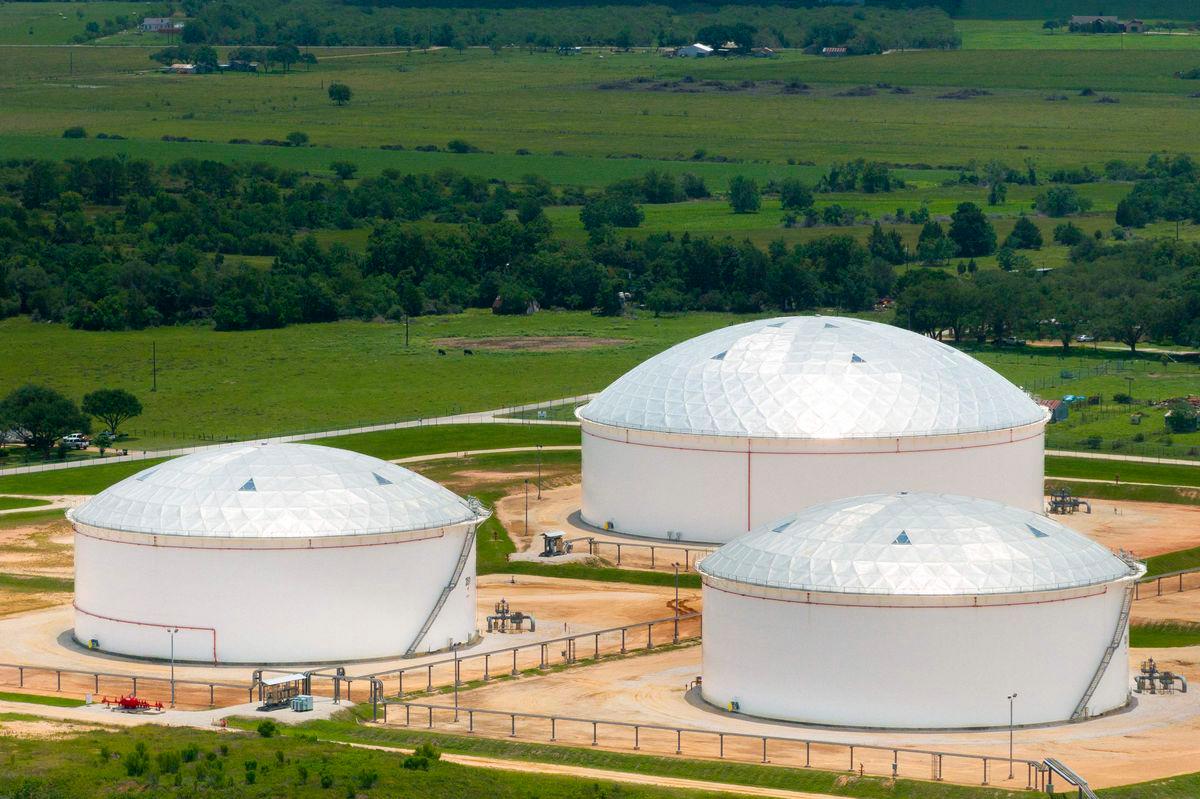ST PETERSBURG (Russia): OPEC+ group of leading global oil producers could bring forward its output hikes by around a year from the initial plan, Igor Sechin, head of Russia's largest oil producer Rosneft, said on Saturday.
He also said that the decision by the OPEC+ to speed up output increase now looked far-sighted and justified in the light of the confrontation between Israel and Iran.
The Organization of the Petroleum Exporting Countries and its allies, led by Russia, shocked oil markets in April by agreeing a bigger-than-expected output hike for May despite weak prices and slowing demand.
OPEC+ has since decided to continue with more than planned hikes.
“The announced increase in production since May of this year is three times higher than the alliance’s initial plan. In addition, the entire increase in OPEC+ production could be shifted a year ahead of plan,“ he said without elaborating.
“The decision taken by OPEC leaders to forcefully increase production looks very far-sighted today and, from the market’s point of view, justified, taking into account the interests of consumers in light of the uncertainty regarding the scale of the Iran-Israel conflict,“ he added.
OPEC+ crude output represents about 41% of global oil production. The group's main objective is to regulate the supply of oil to the global market.
Having spent years curbing production, eight OPEC+ countries made a modest output increase in April before tripling it for May, June and now July.
Besides the 2.2 million bpd cut that the eight members started to unwind in April, OPEC+ has two other layers of cuts that are expected to remain in place until the end of 2026.
Oil prices had initially fallen in response to the OPEC+ decision to increase oil production, but the outbreak of an aerial war between Israel and Iran has so far been the main factor behind their return to around $75 per barrel, levels unseen since the start of the year.
Speaking at the St. Petersburg International Economic Forum, Sechin, a long-standing ally of Russian President Vladimir Putin, also said there will be no oil glut long-term despite the production rise due to low stockpile levels, though rising usage of electric vehicles in China might hit oil demand.
Putin said on Friday he shared OPEC's assessment that demand for oil will remain high. He also said that oil prices had not risen significantly due to the conflict between Iran and Israel, and that there was no need for OPEC+ to intervene in oil markets.
Sechin also said Rosneft had already budgeted the oil price of $45 per barrel for this year, the level the European Union eyes as the new price cap on Russian oil imports, which is now set at $60.









